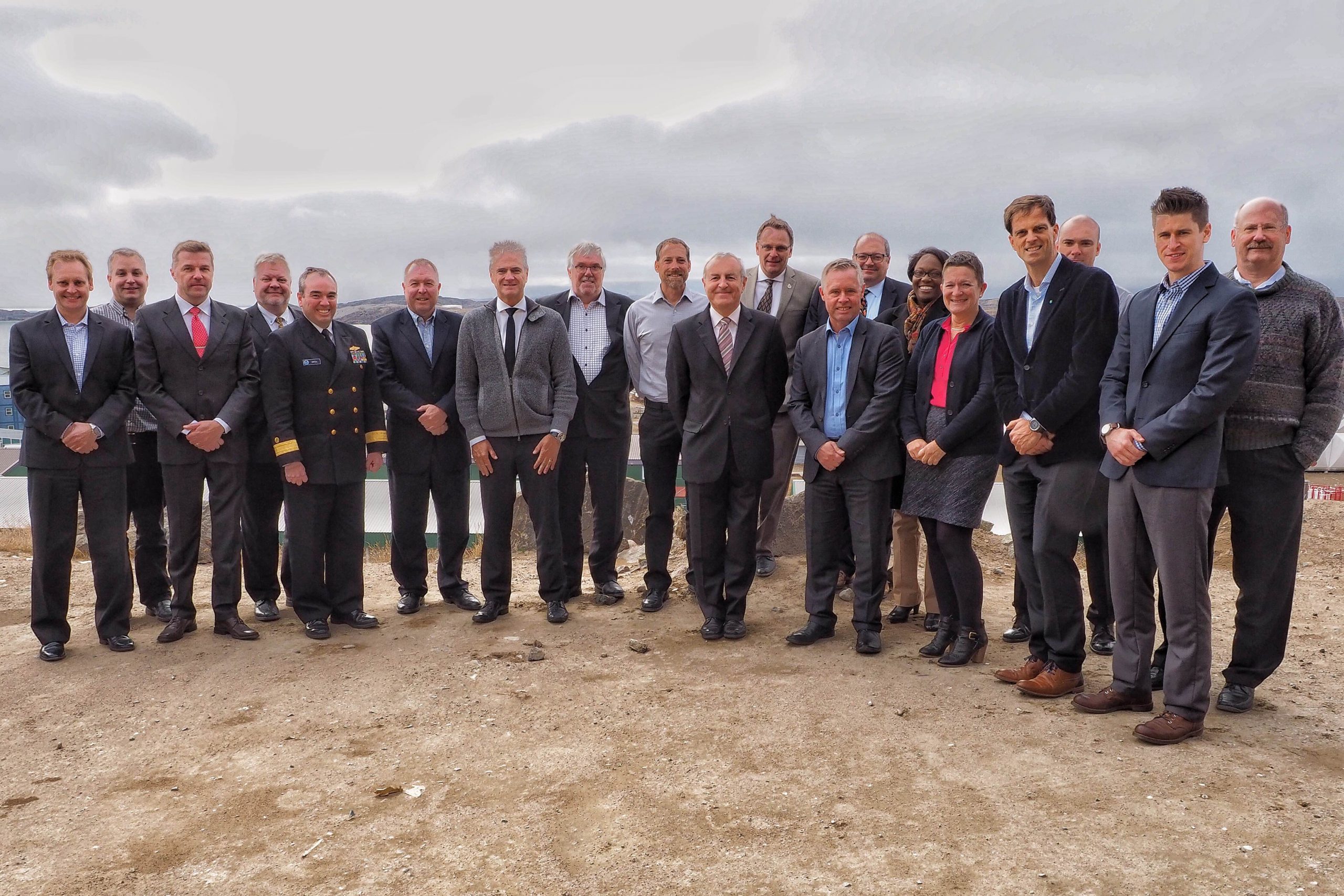Rear Adm. Shepard M. Smith, director of NOAA’s Office of Coast Survey and the U.S. national representative to the International Hydrographic Organization (IHO), was elected as the chair of the newly established IHO Council.
The council was established in November 2016 as a result of the adoption of amendments to the Convention on the International Hydrographic Organization. It is composed of 30 leading hydrographic nations from the membership of the IHO, and functions much like a corporate board of directors, overseeing performance management and the business side of the IHO.
One of the first tasks that the IHO assigned to the council at their meeting this spring was a comprehensive review of the organization’s strategic plan—its first thorough review since 2009. If warranted, the council will prepare a new strategic plan for the IHO. The first annual meeting of this council session is scheduled for October 2017.
The council will bring more regular executive-level focus to the needs of today’s changing global hydrographic environment. The global hydrographic community is addressing a rapid emergence of new technologies and techniques to collect and use hydrographic data as well as the application of that data to uses beyond “just charting.” Satellites, autonomous vehicles, recreational and other maritime stakeholders all promise to play increasing roles making navigation safer.
“I am humbled to have been selected by so many of our international peers. It speaks well for NOAA and the nation that we are looked upon to provide the leadership to help the global community realize its goals in a new era in navigation and to help demonstrate hydrography’s critical role in national development,” said Admiral Smith.
The 30 members of the council are selected from among the 87 member states of the IHO and represent the world’s leading national hydrographic authorities. According to the IHO, among its membership, the U.S. maritime tonnage ranks 7th in the world. According to the NOAA Report on the U.S. Ocean and Great Lakes Economy, marine transportation contributes 17.8% to the U.S. gross domestic product annually and provides 13.9% employment. NOAA is a global leader in hydrography, cartography, and nautical charting standards and processes. The worldwide maritime transportation system depends on nations issuing up-to-date nautical charts compiled to common standards. This is accomplished through the IHO and through participation in its Regional Hydrographic Commissions and numerous technical committees.


News and Updates
